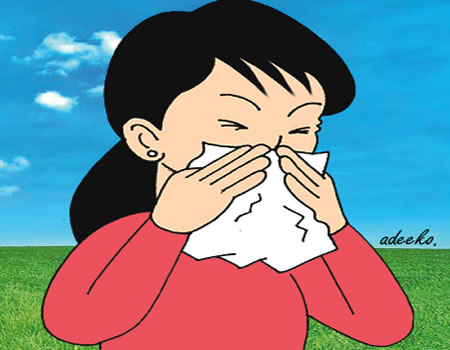I will need to quickly point out that codeine is not the first substance to become popular among drug abusers, though codeine may have caught international attention ahead of any other drug. In the late 90s, there was a substance which also gained sudden notoriety in the Nigerian society among the youths. This one, you don’t even buy. It grows almost every where you can see shrubs. It is called Gegemu,’ in Yoruba, its botanical name is Datura Stramonium, its other street names are jimsonweed or Devil’s snare, moon flower, devil’s trumpet, hell’s bell, devil’s weed, devils cucumber, stinkweed and so and so on. It is a plant in the nightshade family and is believed to have originated from Mexico. Normally, in traditional medicine, it is used to relieve asthma symptoms and as an analgesic during surgery or bone-setting. However,the tropane alkaloids responsible for both the medicine and hallucinogenic properties are fatally toxic in only slightly higher amounts than the medicinal dosage and the results in hospitalizations and deaths.
Many youths who abused this substance died from its consumption during that period. Till now, some are still consuming this dangerous plant. Another popular musician in Nigeria, 9ice, made mention of this plant in one of his songs. Any reasonable person would feel that the ban on codeine was a speedy decision made to save millions of Nigerian youths from health crisis. But the question is: Is codeine really the problem or the environment/ society that makes codeine a victim of circumstances? And if we care to know, codeine is just one of the numerous drugs consumed on Nigerian streets. Cannabis and heroin are some of the banned substances in Nigeria, but the question is; has this stopped people from selling and consuming cannabis and heroin? Codeine might join the gang of the smuggled substances, despite the ban placed on it. And where the danger lies now is that drug abusers would definitely migrate to other drugs/substances which ordinarily are used in treating people with certain ailments. In such a case, what should the authorities do? It is good that the government has lifted the ban on the affected companies. We should learn not to throw away the baby with the bath water.
The Nigerian Customs Service (NCS) and NAFDAC need to regulate substances which are prone to be abused. To me, it is the failure of regulatory communities that makes these substance to get into the hand of abusers. The websiite, www.drugfreeworld.org, identifies some reasons why people take drugs. Some of the reasons given are: to change something about their lives, to fit in, to escape or relax, to relieve boredom, to seem grown up, to rebel, to experiment. They think drugs are a solution. But eventually, the drugs become the problem. I think the searchlight should focus on why our youths are resorting to taking hard drugs these day. The rate at which Nigerian youths have perfected the science of mixing herbal drinks like monkey tail, Ogidiga, Babeoku and Kick and start to arrive at a very hard drink is alarming these days. And the reason is not farfetched: the pressures on Nigerians, especially the youths, are becoming more disturbing. A society where joblessness, high cost of living, low standard of living and school dropouts abound must definitely carry the traits of uncontrollable drug abuse. Abuse of codeine, as identified by the BBC, is only an index of the trouble in the Nigerian society and the youths are worst hit. How do we explain the recent research which revealed that over 64 million Nigerians are going mad?
In my opinion, banning codeine which has been certified to be effective to treat chronic cough is like throwing away the baby with the bath water. Rather, stricter measures should be adopted to check its inflow into the wrong hands. I think the positive impact of this substance to threat chronic cough should be put into consideration.
- Folaranmi is on the staff of Nigerian Tribune






